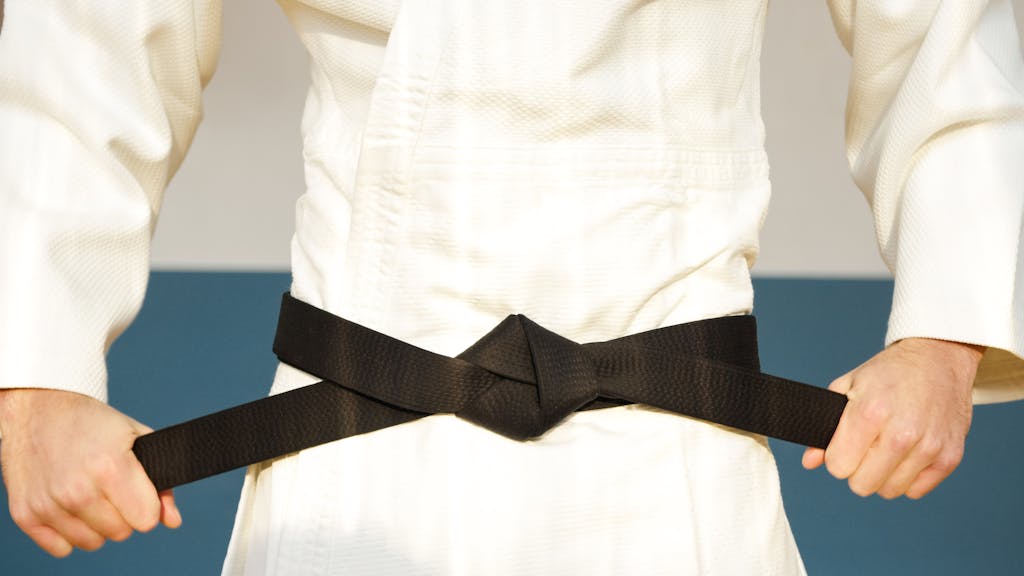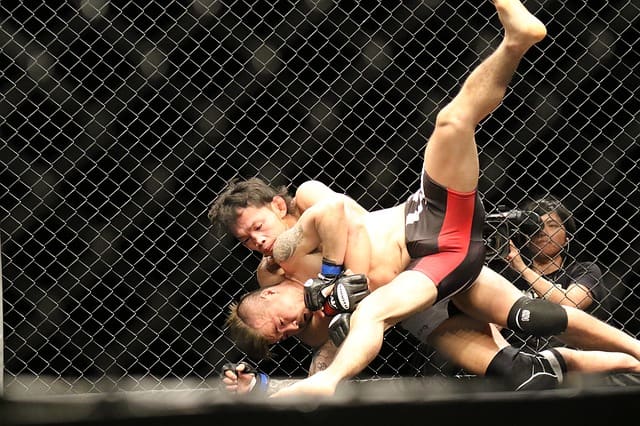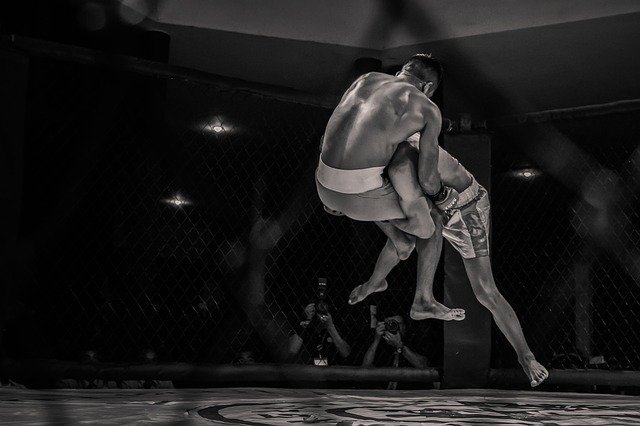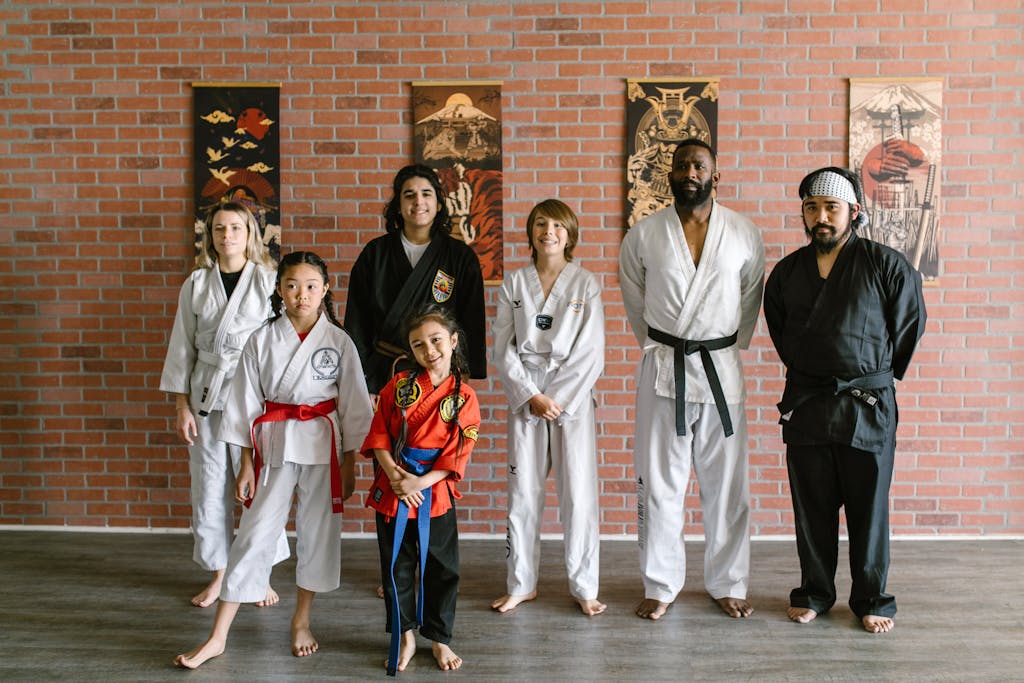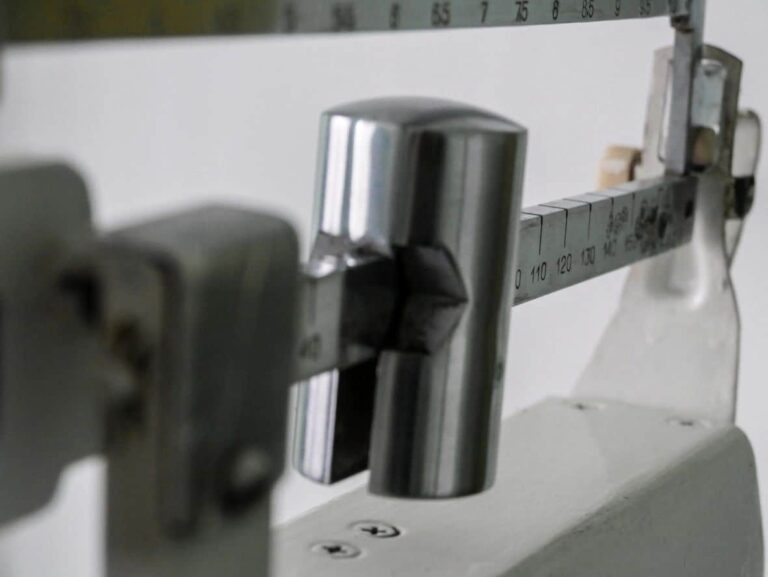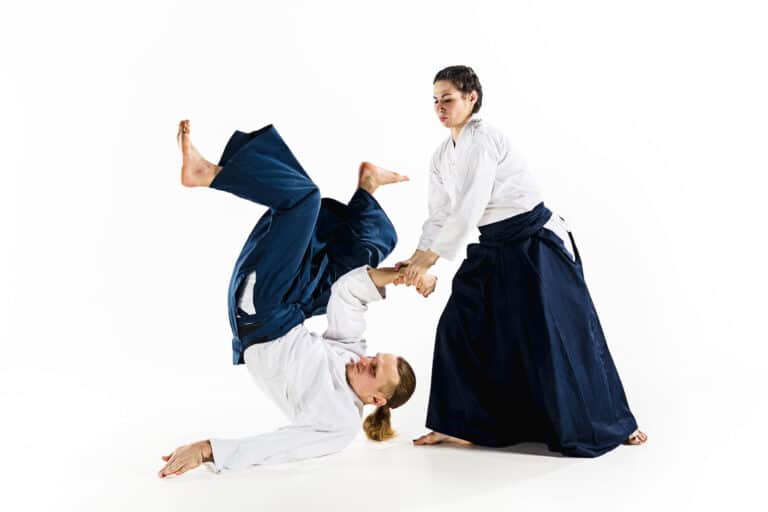How Old Is Too Old To Start Judo?
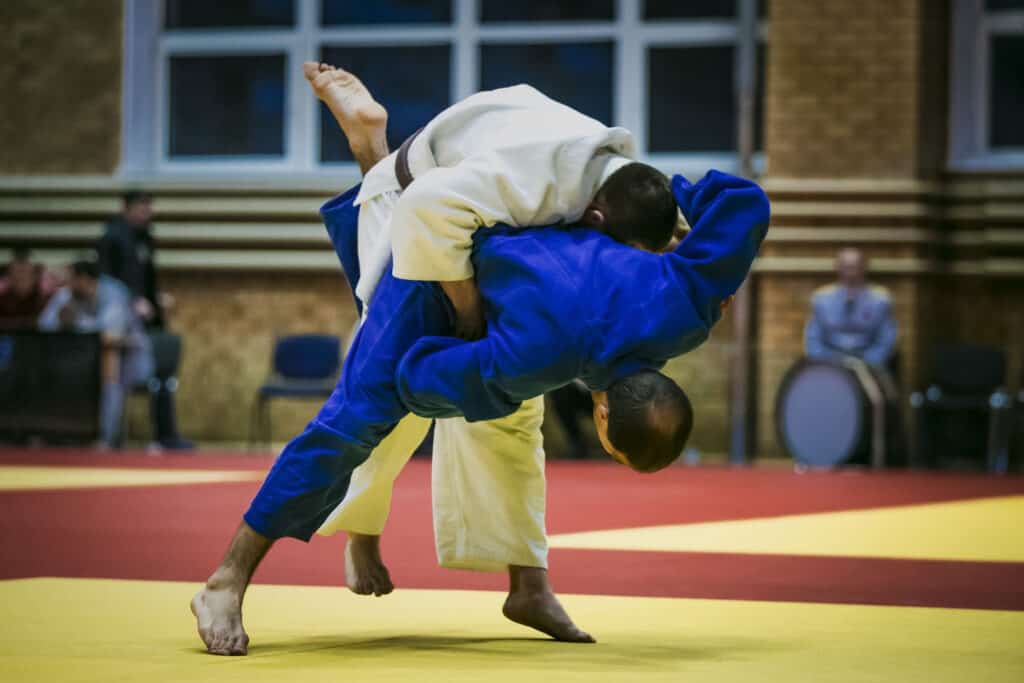
Judo is a martial art that is often seen as reserved for the young and vibrant. This thought alone has stopped many people from making it to the gym, thinking they are too old for judo. If you’re having similar thoughts, it’s time to get an answer to the question that has been on your mind: how old is too old to start?
There is no age too old to start judo. Judo has several benefits, and you can expect positive changes, both mentally and physically, no matter your age. However, because it can be physically demanding, it’s best to learn at your own pace and know your limit and when to rest to avoid injuries.
Of course, some people have physical disabilities that might prevent them from doing judo at full capacity. These may be more prevalent with older individuals. That said, if you are able-bodied then age should not be a factor holding you back from learning judo.
The rest of this article will answer other questions you may have about starting judo, including its benefits, what you need to start, and how to avoid injuries during training.
Is 50 Too Old To Take Up Judo
50 is not too old to take up judo. In fact, you can take up judo in your 60’s, 70’s, and even beyond. Not everyone in these age brackets should take up judo, but most people in their 50’s can easily benefit from it.
In fact, there was a study done on 648 older adults ranging from 45-77 years old that showed positive benefits of judo. The study concluded that judo could have a positive outcome on balance, muscle strength, and safe falling techniques in middle-aged and older adults with not prior experience.
So don’t let your age prevent you from starting judo. If you are able bodied you will likely not only be able to start judo in your 50’s but might also greatly benefit from it.
Starting Judo At a Later Age
Because this is your first step into the judo world, you must focus on learning the fundamentals instead of competing. You’ll have plenty of that later. This period is not when you should impress those younger than you in class.
It would also be wise to prepare your mind for the physical exertion that goes into the art. Judo is both a physical and a mental sport, so you must go with the mindset of expecting to learn and adapt to something new.
How Do You Avoid Injuries As An Older Judoka?
However, just like every other sport, there is some risk of getting injured. If you’re worried that you may get hurt because of your age, here are some tips that can help you manage and practice judo safely.
You Might Need A Longer Warm-Up Than Younger Judokas
Many people get tensed up in their first few judo classes. However, being tensed up can result in injuries when throwing or falling. Learn to relax your body and flow with the training.
It is a good idea for older judokas to properly warm up before class. This does not mean stretching but getting some blood flowing into the muscles by moving your body around.
You can also get some stretches in as well but stretches alone are not enough. You need to get your body moving with some resistance to your muscles.
Perfect Your Break Falls
A very high percentage of injuries related to judo are due to bad falling technique. While every expert or novice judoka had a lesson about accurate falling, some still don’t know how to do it correctly. Learn to be more confident about falling, loosen up, and relax with each fall.
When starting judo at an older age you are going to want to make sure you find a Sensei that will help you stay safe on the mats. It should be a priority of theirs to help you learn how to properly break fall.
Accept Throws
Often, some judokas would rather have their arms dislocated or hurt than accept a throw from an opponent. Although resisting a throw in competition would make you more professional and climb you up to the best judoka’s chart, it can also increase the risk of an injury.
Learn to accept some throws your opponent will bring your way. You might not be too old to start judo but you might need to accept that it’s too late to become an Olympic judo gold medalist.
That does not mean you cannot still compete and have fun. Just that you don’t need to prove something by hanging with the 18-year-olds in class.
Loosen Up
Training with too much energy and strength increases the chances of you getting your opponent and yourself injured.
Loosen up, but not too much, feel the judo and don’t try to out-muscle your opponent. The appropriate way to do this is by knowing your strength and control – which judo teaches.
Know When To Rest
The more tired you are, the higher the chances of you making a wrong move and getting injured. When you feel tired, and your coordination levels seem to fail, you may want to consider taking a break.
As an older judoka, you might not be able to recover from as many training sessions as your younger training partners.
Don’t Compete With the Young Students
This point may seem obvious, but you can’t compare your physical strength with those in the ’20s. Those twenty-something-year-old students are essentially in their prime and will be faster and stronger.
If you’re not in the best physical shape when you start judo, give your body time to adjust to the new demands.
Benefits Of Judo For Older Adults
Just because you didn’t start judo in your twenties or younger doesn’t mean you can’t reap its benefits in your forties and beyond. Judo is incredible, and anyone can benefit from it, no matter their age. Below are some of the reasons why you should start your judo journey today.
It’s a Great Form of Physical Exercise
Judo works by increasing your flexibility and fitness. It helps you burn calories and lose weight by increasing your metabolism. Judo also helps you learn how to breathe better, making it great for people with asthma. It also improves your cardiovascular system by enhancing blood circulation.
Besides these benefits, it also improves your balance, physical posture, muscle elasticity, and joint flexibility, all of which help to reduce the risk of arthritis and other bone-related problems later in life.
It Enhances Mental Health
Judo focuses on self-respect and respect for others. As a result, it helps to build trust, discipline, and self-control. For example, there is mostly a handshake at the end of a match after the traditional rei or bow. This act helps to ensure that both the winner and the defeated place maintain mutual respect between them.
For those who are shy, judo helps them get out and in contact to express themselves more and believe in their abilities. It also helps to curb aggression as it increases your tolerance for certain things constructively. You will learn to accept that some opponents are better than you and help you learn from your mistakes.
It Increases Self-esteem
As you progress through your judo journey, your confidence and self-esteem will improve. Going up the ranks will help you believe in your abilities more than you ever did.
The grading system will also give your confidence a boost as it is built on the principle that the next goal is achievable with some extra effort.
You’ll also notice that your concentration levels will drastically go up. Concentration is one of the most important things you need during judo training. However, its usefulness goes beyond the walls of the gym. It is applicable in other areas of life as well.
Judo Develops Your Self-Defence Skills
Judo was born out of Japanese Jiu-Jitsu, which by nature, is a combat martial art. When you start training judo, you’ll develop your self-defense skills which can be very useful as you get older.
As you may know, no place is entirely safe, even with law enforcement. So, it’s useful to know how to defend yourself and escape danger.
Conclusion
As you’ve seen in the article, most people can do judo, no matter their age, fitness level, or gender. The best part is that you do not need any prior training experience to start. You can join the judo now and begin your journey to begin enjoying its benefits.
Keep in mind that there is a risk of injuries in judo, so give your body time to adjust and don’t push over your limit. Learn at your own pace and avoid trying to impress or compete with the youngsters in class.
As an older judoka it might you might need to spend more time doing mobility work and warming up your body before class.
